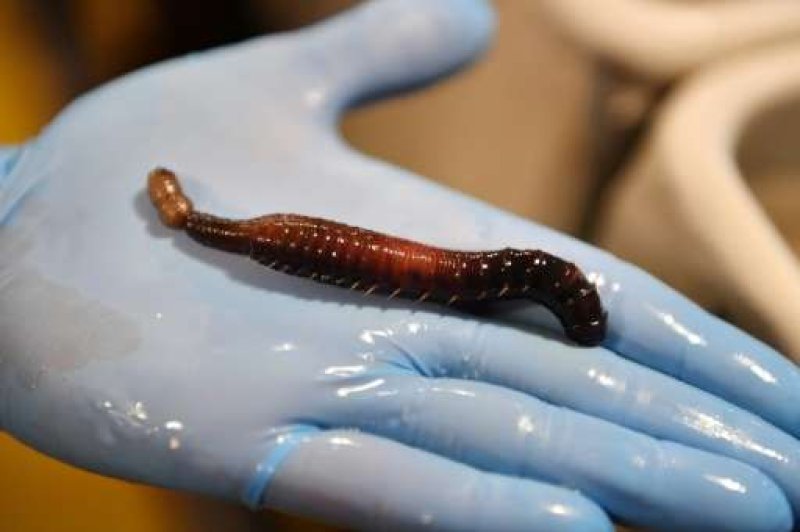In a project called MacModel, researchers are using the flatworm Macrostomum lignano, which is normally found living in the tidal sands of the Adriatic Sea, to investigate ageing mechanisms. Previous research observed that the animals had a remarkable ability to regenerate, and that the worms tended to live for longer after repeated amputation, suggesting that something about the regeneration process also rejuvenated them.
Professor Eugene Berezikov, principal investigator for MacModel and a stem cell researcher at the University of Groningen in the Netherlands, and his team, tried to investigate further by severing the worms’ heads to induce regeneration.
…
[B]oth worms that underwent amputations and those that did not tended to live longer than the median 200-day lifespan seen in the previous research. Many of Prof. Berezikov’s worms were still alive after a whopping 740 days.…
Prof. Berezikov and his colleagues delved into the worm’s genome and now believe they have found a possible explanation for its longevity – several genes that were more active in older worms. These genes, which are also found in humans, are involved in various processes responsible for a cell’s wellbeing.
…
‘This is a very good example of where we started with one thing and ended up with something completely different,’ said Prof. Berezikov. ‘We found something even more remarkable, we think – that the animal is a Methuselah with natural mechanisms to offset ageing.’
Read full, original post: Worms may hold the secret to longer life































